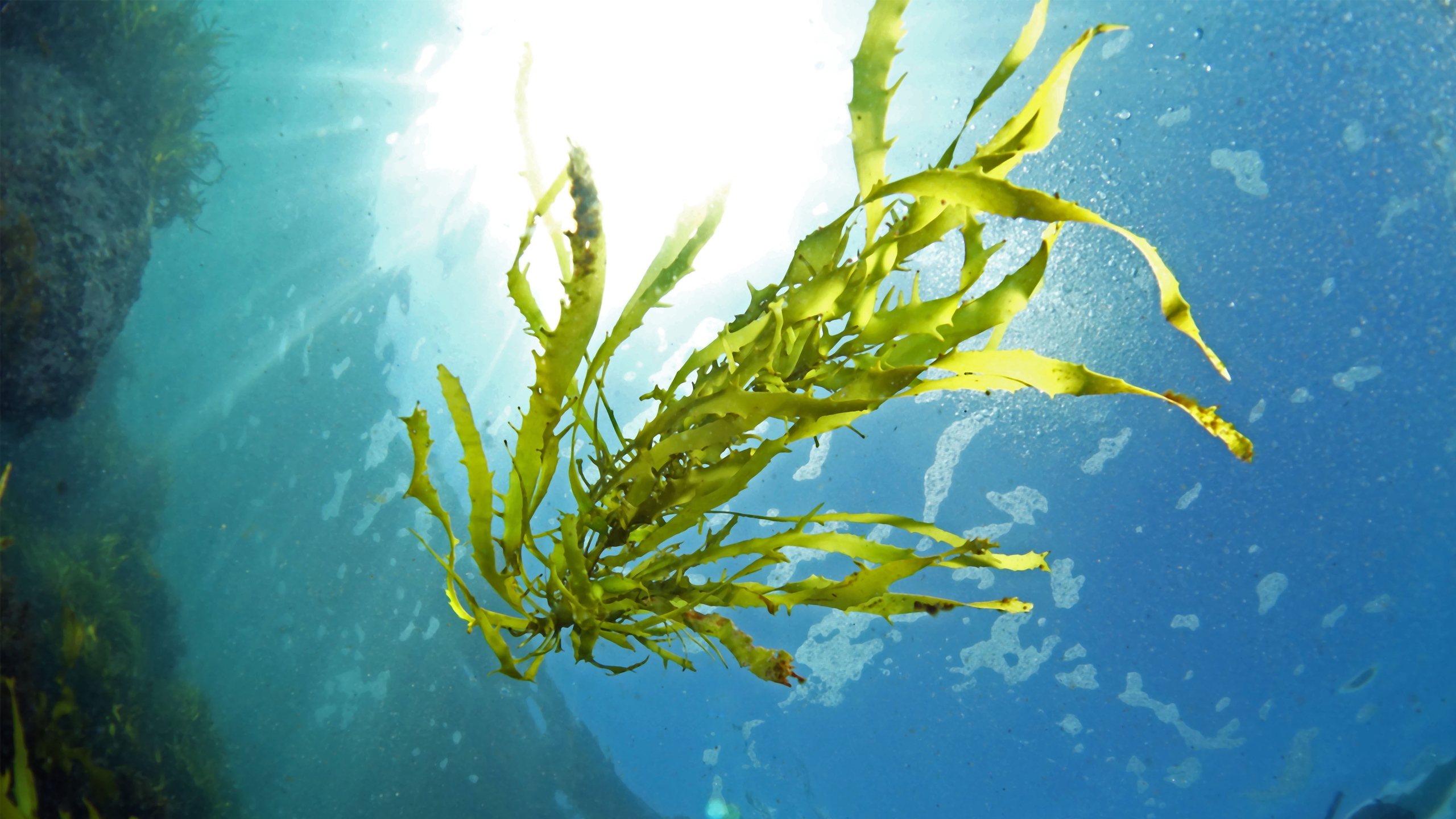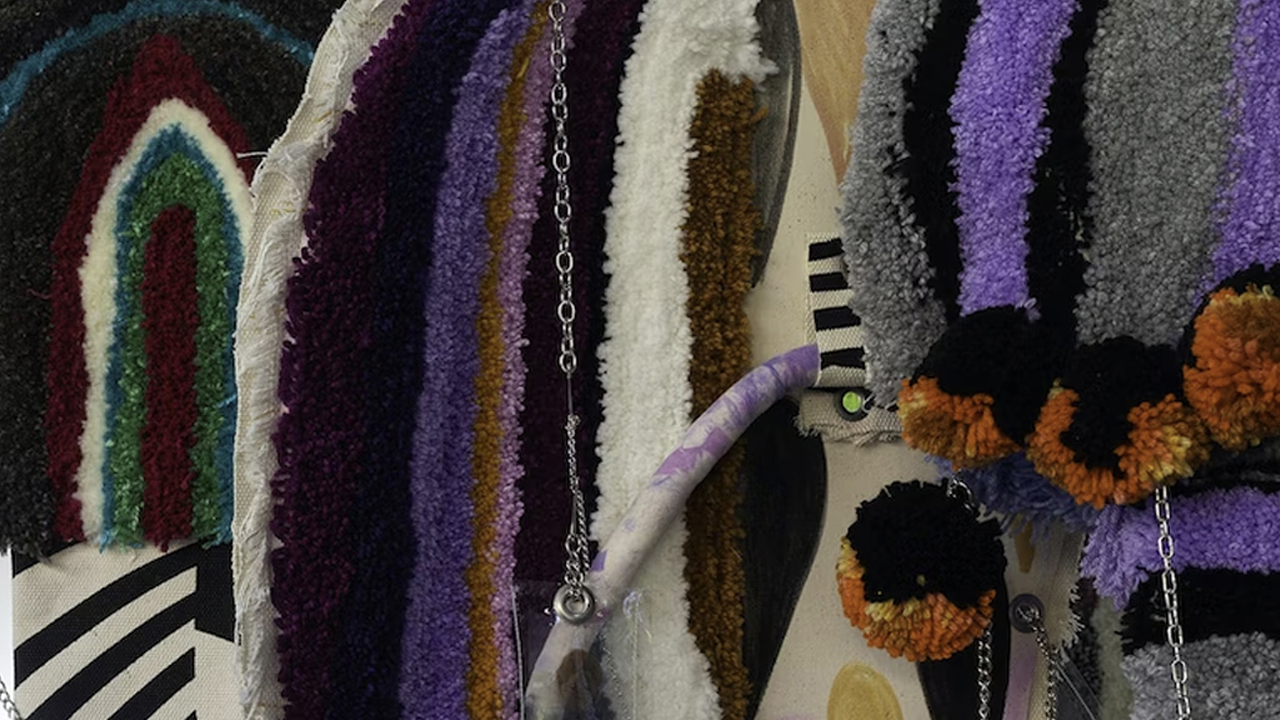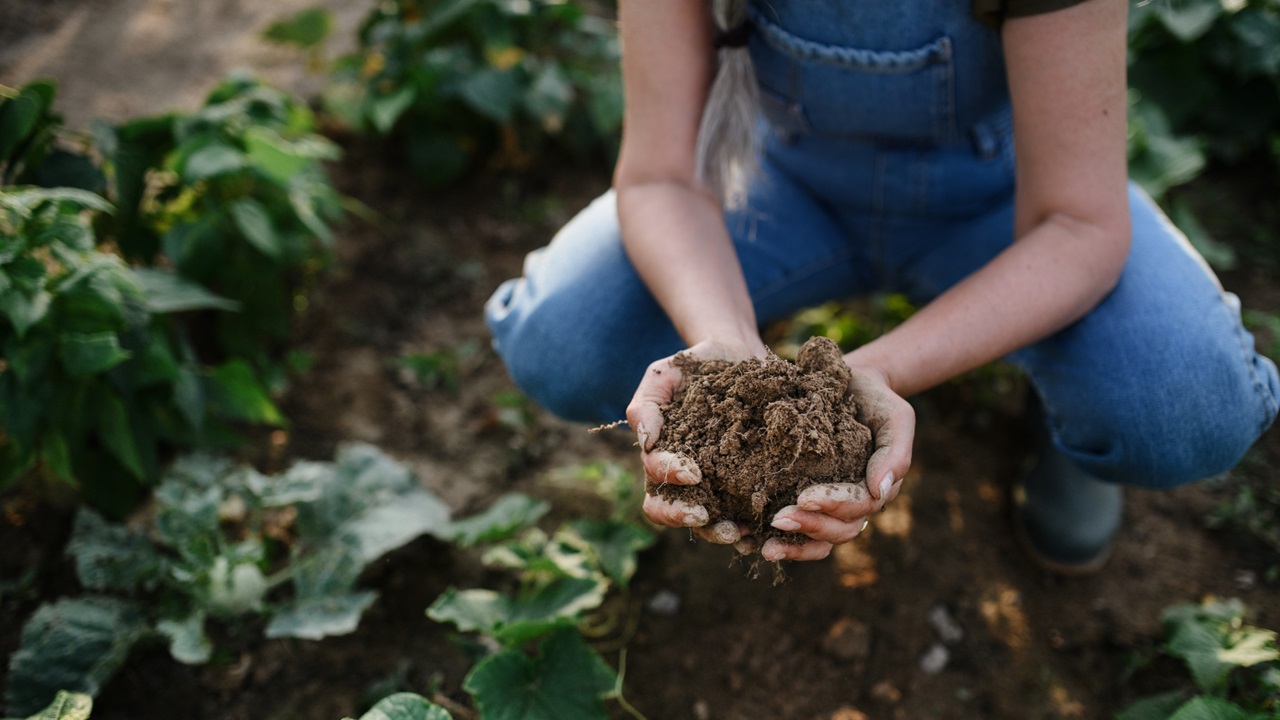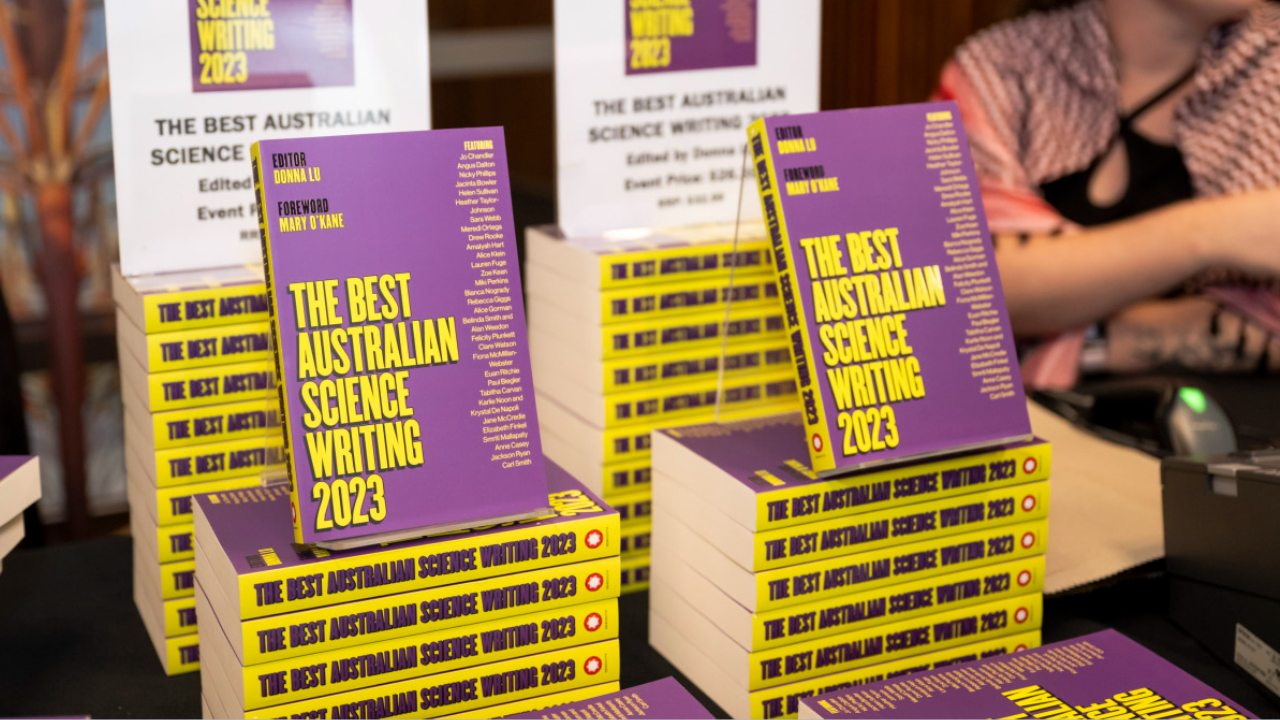Rewilding

Gilad Bino | Richard Kingsford | Katherine Moseby | Rebecca West | Ann Jones
Australians love cuddling up to a koala, and spotting a bilby or platypus in the wild. But our sunburnt country has borne witness to the disappearance of scores of native species over the past hundred years – earning us the nickname ‘extinction central’. From the golden bandicoots in the Strzelecki Desert to the platypuses in the Royal National Park, can we save our endangered species through rewilding?
Join UNSW Sydney’s Director of the Centre for Ecosystem Science, Professor Richard Kingsford, Principal Ecologist for the Wild Deserts project Dr Rebecca West, Scientia Fellow and Associate Professor Katherine Moseby and Lead Researcher for the Platypus Conservation Initiative Dr Gilad Bino, for a lively panel discussion chaired by ABC journalist Ann Jones as they emphasise the urgency to break free from the confines of traditional conservation approaches to landcare, and highlight the power of rewilding our fragile ecosystems – all before it’s too late.
This event is presented by the UNSW Centre for Ideas and UNSW Science as a part of National Science Week.
LIVE EVENT & VENUE INFORMATION
The Roundhouse is located at UNSW Sydney's Kensington Campus. Please note this is a live event only, and will not be available via livestream.
TICKETS
ACCESS
Wheelchair Access
The closest accessible drop off point to the Roundhouse is the north entrance via High Street, Gate 2, follow the road to Third Avenue and turn onto 1st Avenue West. More information on getting there can be found via our interactive accessibility map available here.
Assisted Listening
The Roundhouse has a hearing loop. Patrons wishing to utilise this need to simply switch their hearing aid to the T (Telecoil) setting to pick up on the wireless signal.
Auslan & Captioning
Auslan interpreting services and/or live captioning can be provided for selected talks upon request.
Contact
To book and discuss access services, please call the Centre for Ideas on 02 9065 0485 or email centreforideas@unsw.edu.au.
PUBLIC TRANSPORT & PARKING
The Roundhouse is easily accessible via public transport and the closest light rail stop is UNSW Anzac Parade (L3 line). For more information please call the Transport Infoline on 131 500 or visit transportnsw.info.
Free parking is also available from 5.30pm in the Western Campus Car Park. For access to free parking, event patrons must park in the UNSW Permit Holder bays. The Western Campus Car Park is located here, on Anzac Parade next to NIDA. This car park can be accessed via Western Campus Drive through Day Avenue.
Paid casual and visitor parking is offered via the CellOPark App and ‘pay by plate meters’ in all other UNSW car parks. For more information head here.
CONTACT
For all other enquiries, please call the Centre for Ideas on 02 9065 0485 or email centreforideas@unsw.edu.au.
The Centre for Ideas is happy to receive phone calls via the National Relay Service. TTY users, phone 133 677, then ask for 02 9065 0485. Speak and Listen users, phone 1300 555 727 then ask for 02 9065 0485. For more information on all other relay calls visit here.
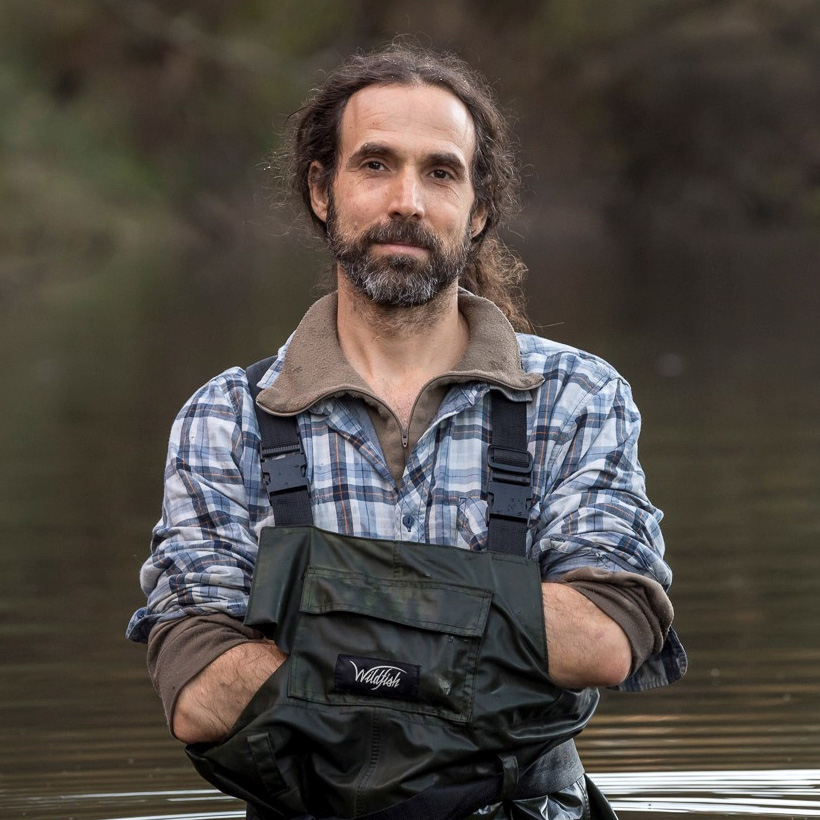
Gilad Bino
Gilad Bino is a Senior Lecturer for the Centre for Ecosystem Science in the Faculty of Science at UNSW Sydney and is the lead researcher and co-founder of the Platypus Conservation Initiative. Bino is passionate about conservation and science and seeks to address the ongoing biodiversity crisis by understanding the underlying processes that shape biodiversity at multiple spatial and temporal scales to inform and prioritise conservation management.
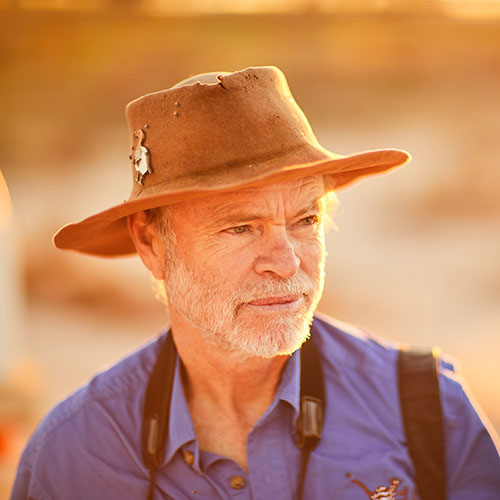
Richard Kingsford
Richard Kingsford is the Director of the Centre for Ecosystem Science at UNSW Sydney. He is a river ecologist and conservation biologist who has worked extensively across the wetlands and rivers of the Murray-Darling Basin and Lake Eyre Basin. Richard worked for the New South Wales Government Environment Agency from 1986–2004 and has also worked with numerous communities and local governments across this region. His research has influenced the policy and management of rivers in Australia, including through his involvement on state and federal advisory committees.
He also leads a reintroduction, or rewilding, project called Wild Deserts, in Sturt National Park, the Ramsar Wetlands project, as well as collaborating on the Platypus Conservation Initiative and Red-Listing of Ecosystems. He has a keen focus on creating effective and lasting conservation actions and policies through adaptive management approaches and engaging with communities.
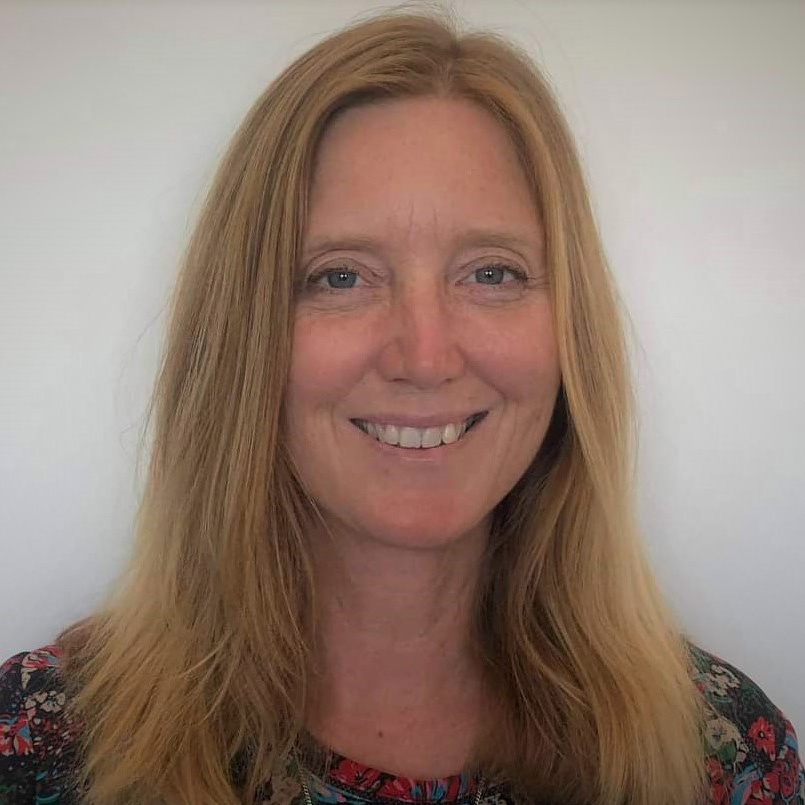
Katherine Moseby
Katherine Moseby is an ARC Future Fellow and Scientia Fellow in the Centre for Ecosystem Science in the Faculty of Science at UNSW Sydney. She lives and works in Australia's arid zone and is passionate about conserving our desert ecosystems. Her interests include improving the plight of threatened species through conducting research and then directly applying the learnings to conservation management and reintroductions. She has conducted research and reintroductions on a range of arid and her research focuses on large scale field experiments designed to improve the plight of threatened species through adaptive management. She has a special interest in creating conservation partnerships that combine research with on ground outcomes and have co-founded four on-ground conservation initiatives; Arid Recovery, Tetepare Island, Wild Deserts and Middleback Alliance.
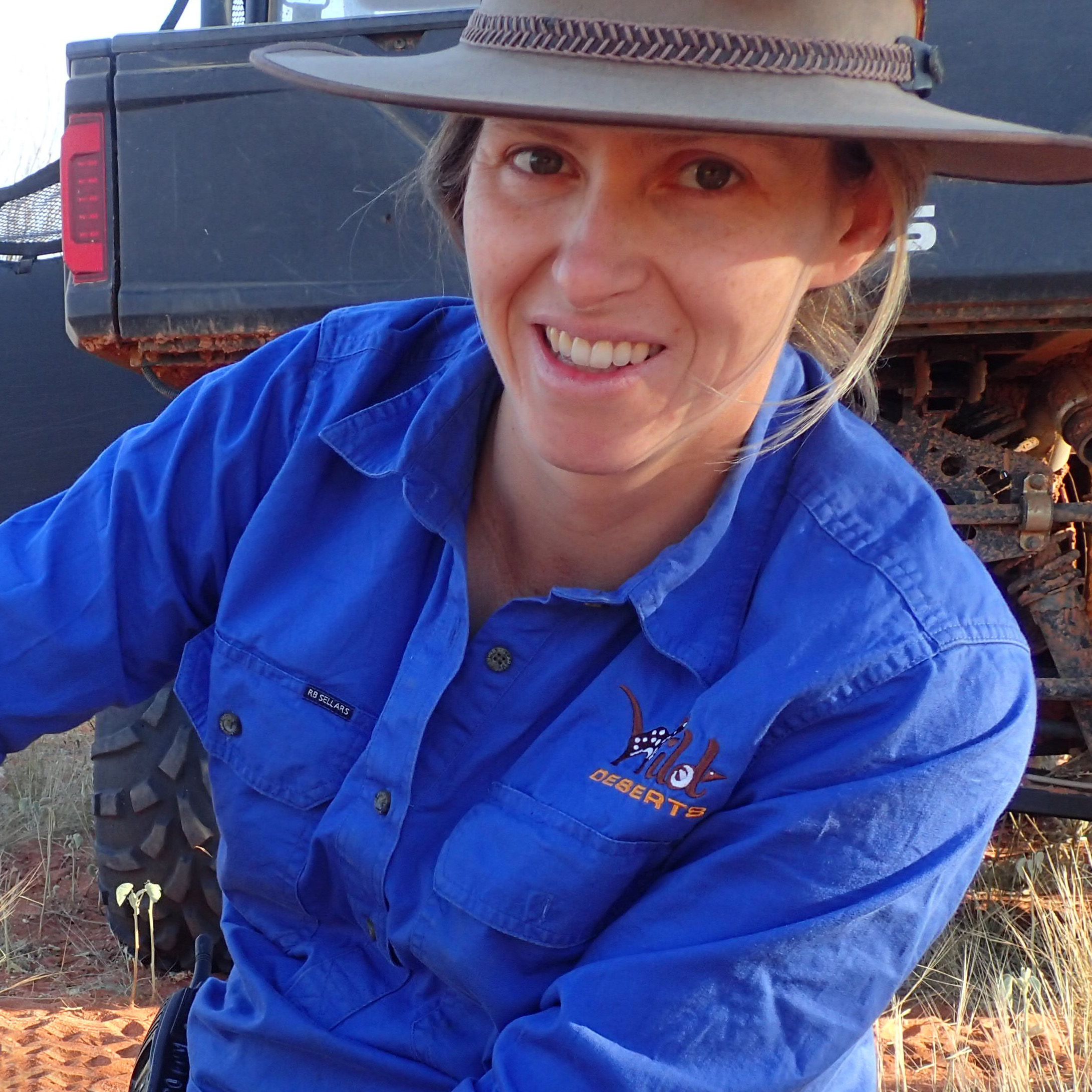
Rebecca West
Dr Rebecca West is the Principal Ecologist for the Wild Deserts project, which is using translocation of locally extinct mammals to achieve landscape scale restoration of an arid ecosystem in far north-west NSW. Rebecca is an early career researcher with a research focus on translocation and restoration ecology. Her current research projects include determining protocols to successfully establish multi-species assemblages within safe havens and methods for landscape scale predator control and translocation success beyond fenced enclosures.
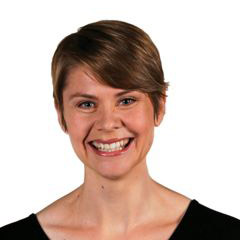
Ann Jones | Chairperson
Dr Ann Jones is a journalist and presenter with an engaging and energetic approach to live events. She has the ability to observe the unusual and tell stories in sensitive and creative ways. She specialises in creating a strong connection with topics and can command a large audience with agility and flexibility, a skill she developed after years of daily live radio presentation.
Dr Ann Jones can be heard across Australia on ABCs RN, showcasing the best of nature, adventure and scientific research on her weekly program, Off Track as well as her latest podcast What The Duck! uncovering nature’s weirdness.
Ann Jones appears by arrangement with Claxton Speakers International.
